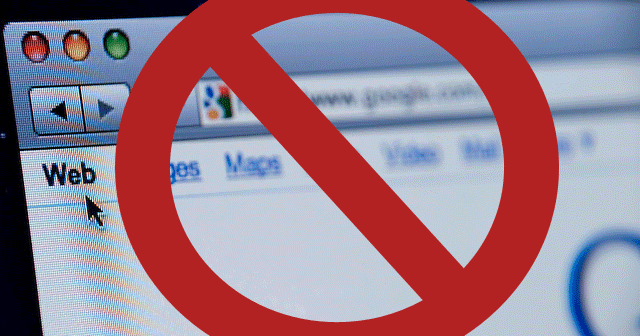
The Egyptian Parliament’s Communication Committee approved on Tuesday three articles of a draft law entitled Countering IT Crime in a move paving the way to legalize the state’s blockage of hundreds of websites that it claims contain potential threats to the country’s national security.
According to state-run newspaper of Al-Ahram, the law will allow authorities to block any website whether inside or outside Egypt that is proved to have content that represents a threat to Egypt’s security.
Article number seven of the law stipulates that the state body assigned to investigate the presence of websites that allegedly represent national security threats has the full authority to directly block the websites in question. The law does not clarify which state body that is responsible for the task.
The article added that if there is an urgent need to take measures against a website with content of a threatening nature to Egypt’s national security, authorities can directly notify the National Apparatus for the Organization of Telecommunications to block it.
The law further stipulates that after the assigned authority has taken the decision to implement a block of a certain website, a court can refuse to apply the decision.
Article number eight says that administrators of websites that have been blocked are able to appeal the decision seven days after the decision has been taken.
Since May 2017, about 500 websites, including news and human rights sites, have been blocked to the Egyptian public.
Blocked media includes independent news website Mada Masr, the privately-owned Daily News Egypt, Qatar-owned news agencies Al-Jazeera, El-Sharq, Al-Raya and El-Watan, in addition to the US-based HuffPost Arabic.
There has been no official announcement or clarification from any telecommunications entities regarding the reasons behind the bans.




